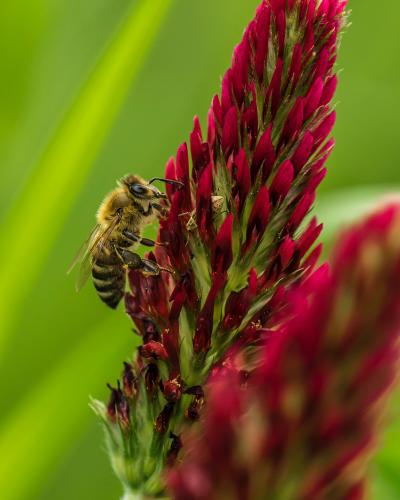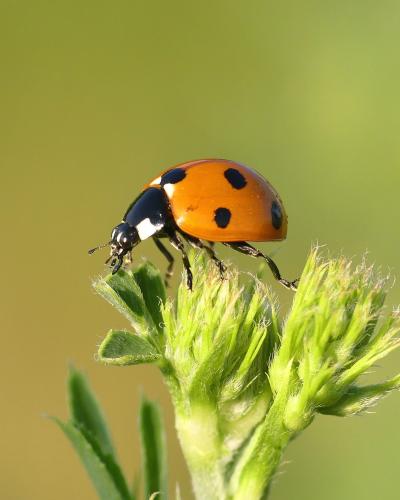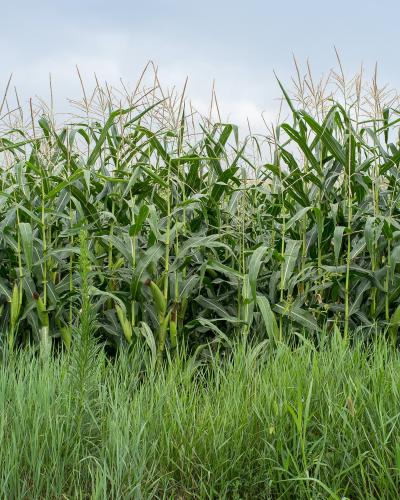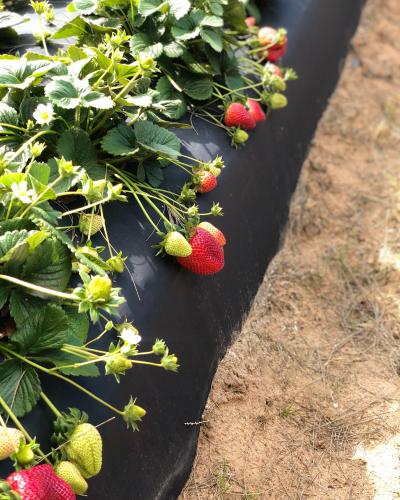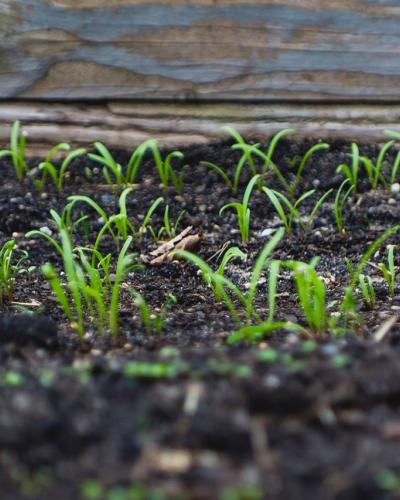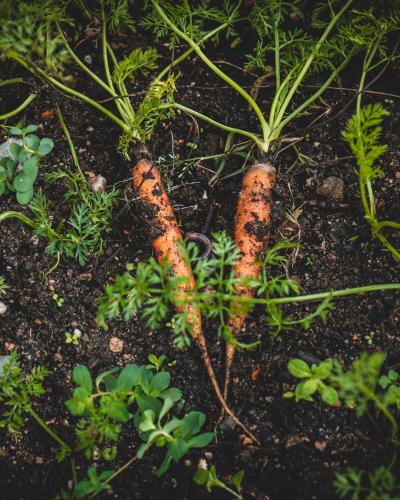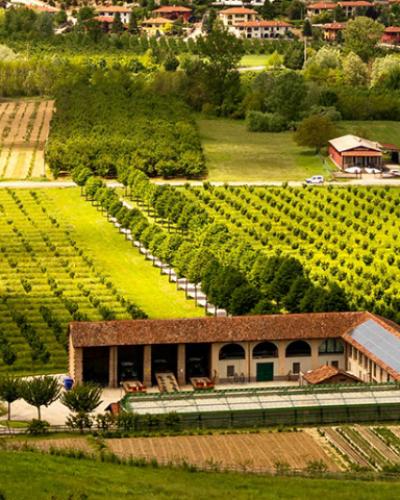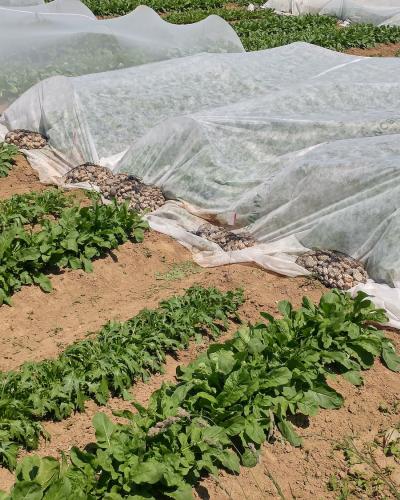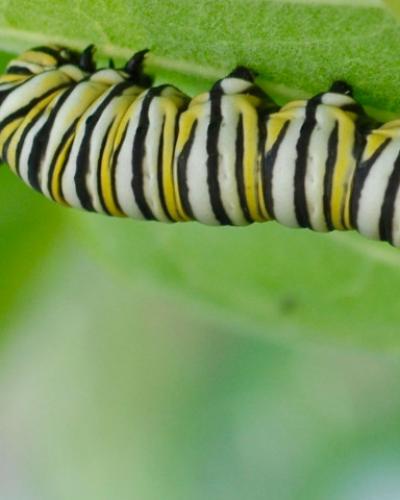Incorporating cover crops into crop rotations is known to have many benefits to soil health and ultimately crop yield. However, they are often prevented from flowering--which would support...
Jul 05, 2021
Organic farmers rely on natural predators to help control their crop pests rather than using chemical sprays. A new study published in the Journal of Applied Ecology found that using organic...
May 24, 2021
Successful rural development hinges on both the profitability and the environmental sustainability of cropping systems. This is especially true in regions like the tropics where the success of...
Mar 29, 2021
In conventional corn-soy rotations, weed control is accomplished through the use of herbicides and usually the crops are genetically modified to tolerate those herbicides. Without GMOs and...
Mar 22, 2021
Toxic soil fumigants that fight soil-borne diseases and ensure crop production continue to be banned to protect the health and safety of rural communities. Organic farmers and conventional farmers...
Feb 08, 2021
A recent study published in the journal Biologia adds to the growing body of evidence showing organic farming improves microbial conditions in the soil that, in turn, increases disease control and...
Dec 28, 2020
Control of plant diseases is often accomplished with the use of harsh chemical sprays and soil fumigants in conventional farming systems, but a new study in PLOS ONE found that organic farming can...
Dec 21, 2020
Supporting biodiversity is not only a tenet of organic farming, but the ecosystem services that biodiversity can provide to farmers is also relied upon for...
Nov 09, 2020
To achieve more sustainable farming that reduces negative impacts on human and environmental health as well as climate change, our food system needs to reduce its reliance on chemicals for...
Oct 12, 2020
Organic farming is known to increase natural pest control that helps organic farmers overcome reliance on chemical pest management. While the common perception is that natural pest control is...

